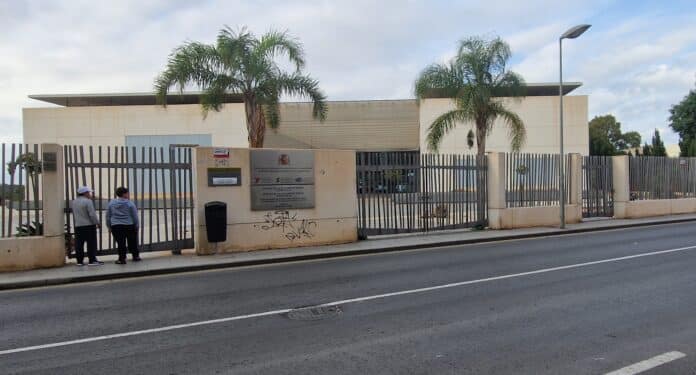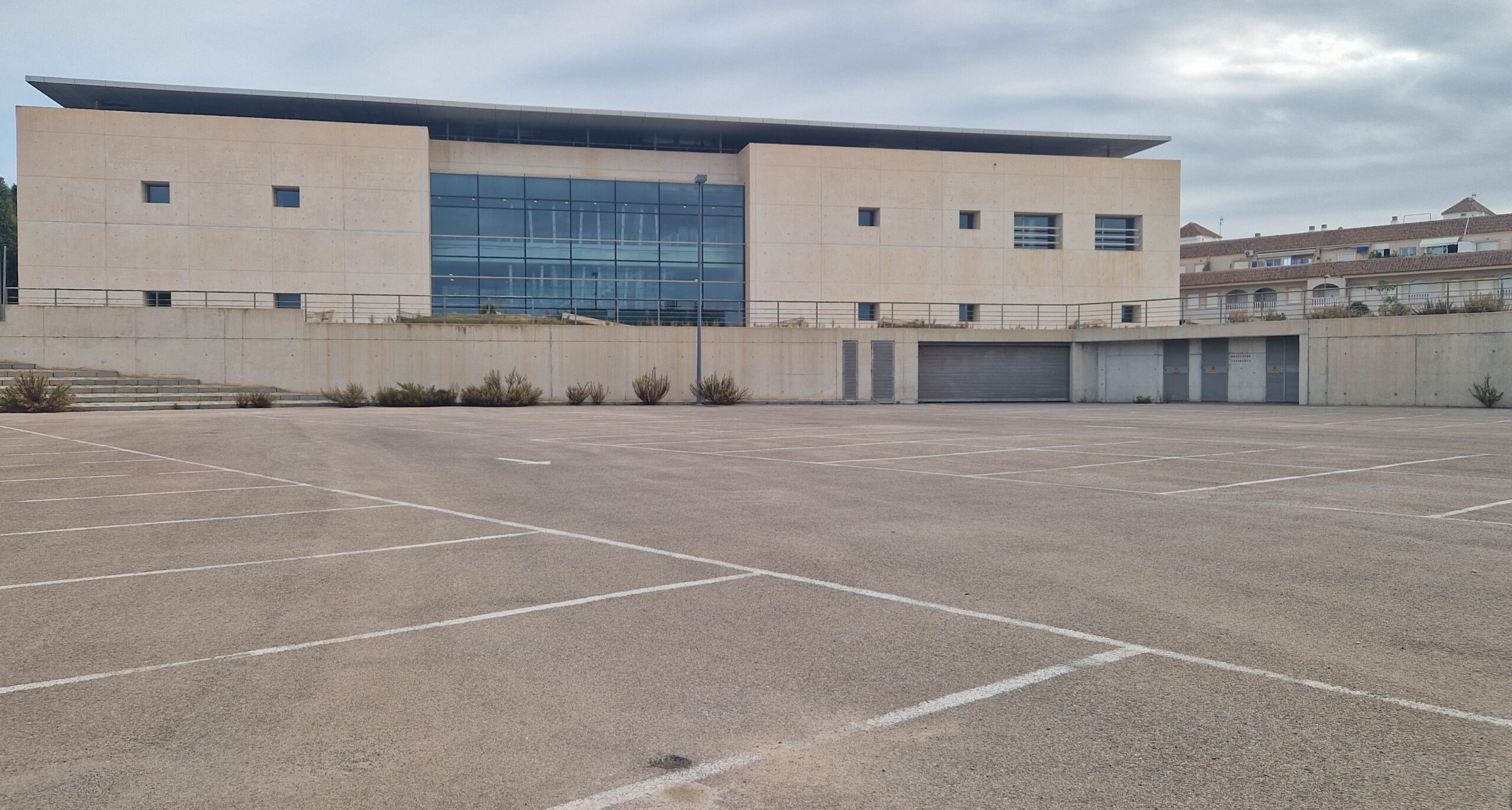
Spanish
Dutch
French
German
Norwegian Bokmål
Polish
Swedish
The Torrevieja branch of the Popular Party (PP) is set to present a motion at the upcoming plenary session on February 24, opposing the establishment of an immigrant reception centre in the city.
The PP argues that such a facility, proposed for the grounds surrounding the Social Security Treasury building, would harm the local tourism image. Despite the Sub-Delegation of the Government clarifying that the project has been discarded, the PP has revived the motion, expressing concerns over its potential impact on the city’s reputation.
The motion will be approved with the PP’s absolute majority, with the party vowing to take legal action to safeguard the municipality’s image and public interests. The proposal, however, faces opposition from some quarters. The government has insisted that the centre design, which includes accommodation tents, toilets, a dining hall, and security areas, was scrapped after an initial public announcement. Moreover, there were complications surrounding the awarding of contracts for the facilities, with Tragsa, the public company managing the project, cancelling contracts at the last minute without providing clear explanations.
This controversy has sparked a backlash among local residents, particularly in the Acequión area, where parents’ associations and various entities have expressed opposition to the proposed centre. The issue gained further attention when far-right groups amplified the debate on social media, which led to tensions and municipal interventions aimed at quelling public unrest.
In the motion, Rosario Martínez Chazarra, Torrevieja’s Tourism spokesperson, reaffirmed the city’s commitment to solidarity and empathy toward immigrants. She pointed to the example of over 7,000 Ukrainian refugees who have settled in Torrevieja since Russia’s invasion of Ukraine. However, the motion asserts that the city is not suitable to accommodate migrants from other regions, citing concerns about the quality of facilities and the strain on local resources.

The PP’s stance aligns with its broader view on immigration, emphasizing that the public administration’s role is to ensure the dignity and proper conditions for migrants. While they express empathy for people fleeing hunger, war, and hardship, the PP believes the Ministry of Migration’s proposed plan for Torrevieja does not meet these standards. One key argument raised by the PP is the strain on the city’s tourism image. They argue that locating a migrant reception centre at such a high-profile location would send the wrong message to potential visitors and harm the city’s appeal as a tourist destination.
The party points to neighbouring Guardamar, where the Ministry of Migration has relocated migrants to local hotels. The deal, made with the PSOE-led municipality, has drawn criticism from the PP, which claims that the integration of migrants into local hotels has contributed to social tensions. This, in turn, has fuelled protests by migrants demanding work and legal status, and further complicated the relationship between the local authorities and migrant communities.
Torrevieja’s mayor, Eduardo Dolón, has highlighted the city’s rapid population growth, citing figures from the National Institute of Statistics (INE), which indicate the addition of over 5,000 new residents in 2025. He views this growth as a success for municipal management, though some critics point out that it has strained essential services like education and healthcare. The PP government faces criticism for not adequately addressing these growing needs, particularly in light of the burgeoning population and the increased demand for housing and services related to the tourism and construction industries.
While the PP remains adamant in its opposition to the immigrant reception centre, the broader issue of Torrevieja’s tourist image remains a key concern. The city is struggling with massification, beach overcrowding, and traffic congestion, especially outside of peak seasons. These issues have become more pronounced as the city continues to approve new residential tourist developments, which further exacerbate the pressures on local infrastructure and services.
In conclusion, while the PP’s motion against the migrant centre aims to protect Torrevieja’s image as a tourist destination, it also raises broader questions about the city’s ability to cope with its rapid population growth and the impact of immigration on local services and infrastructure. As debates around the migrant centre continue, the city’s leadership faces significant challenges in balancing social empathy, economic growth, and the preservation of Torrevieja’s appeal as a vibrant tourist hub.
Spanish
Dutch
French
German
Norwegian Bokmål
Polish
Swedish




















